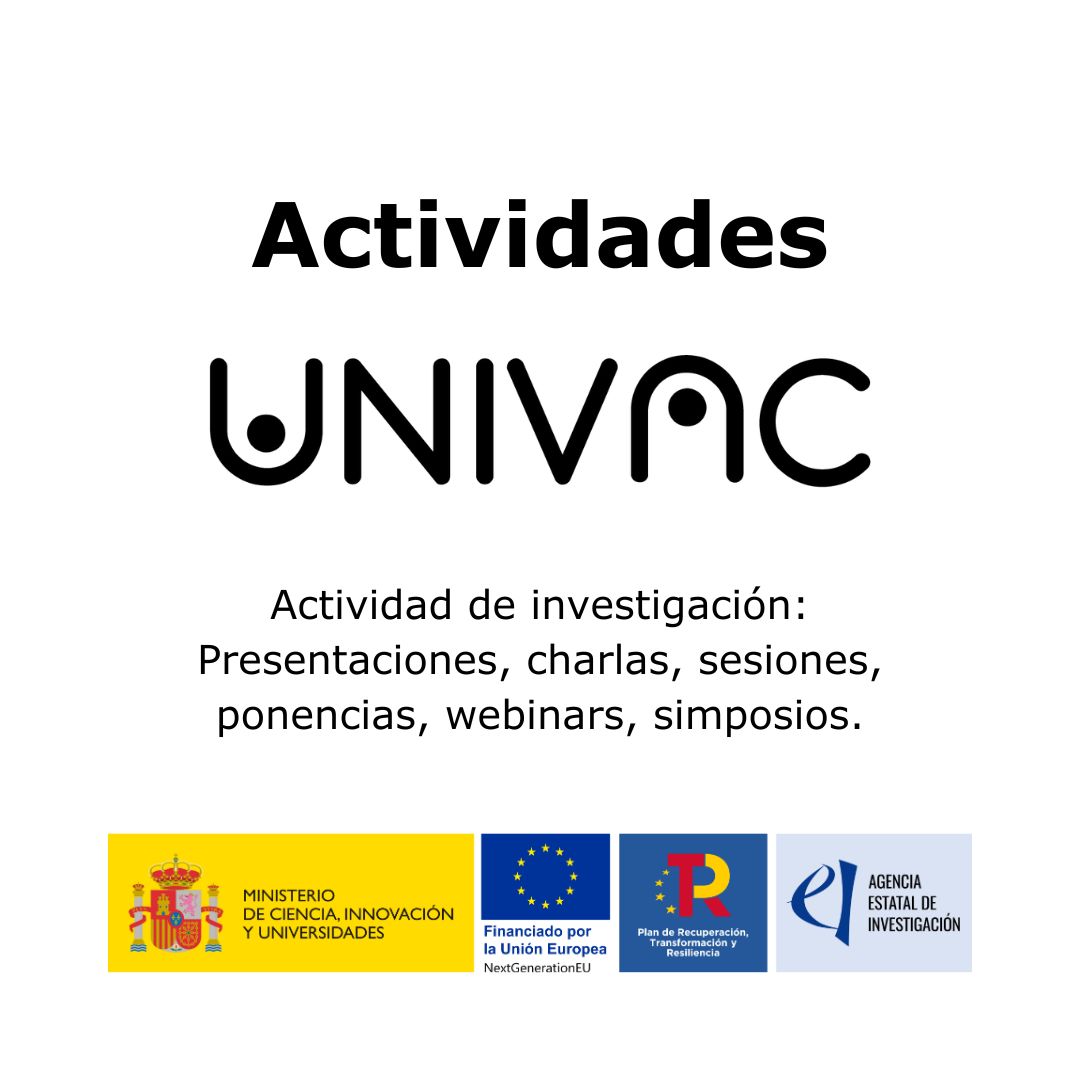
Sensory disability includes, among other conditions, deafness, hearing loss, blindness and low vision. The UNIVAC research project, led by the Pompeu Fabra University (Barcelona) and financed by the Ministry of Science and Innovation, the State Research Agency and the European Union, has the objective of analyzing the response that the Spanish university gives to the needs accessibility of people with these profiles, in order to carry out a diagnosis of the current situation and specify what measures are necessary to guarantee their access to quality university education in a context of growing digitalization.
To this end, a team made up of researchers and technicians specialized in inclusion from the Pompeu Fabra University, the University of Córdoba and the University of the Basque Country is carrying out different research activities to obtain information based on the experience of students, university staff . teacher and researcher, and administration and service personnel, with and without disabilities. These activities include focus groups, interviews, and follow-up diaries.
The research team points out that the studies carried out to date often relate accessibility to physical barriers for people with reduced mobility. However, they do not delve into the analysis of the implementation of communicative and digital accessibility services that are key for people with sensory disabilities, such as subtitling, the use of sign language, audio description, magnetic loop, transcriptions. . or audio guides, among others.
The project is based on the premise that these interventions must be carried out in the environment; “The origin of the barriers is not people with disabilities, but an inaccessible society, which is not prepared for a digital transition that takes all people into account,” says Blanca Arias (UPF), principal researcher of the project.
In this sense, they point out that the digital transition process in the university environment should incorporate the different communicative and digital accessibility services so as not to leave people with sensory disabilities behind and distance them from the university system due to lack of accessibility.
The UNIVAC project provides evidence for the development of accessibility policies, which contribute to reducing inequalities and guaranteeing quality education for all people, she concludes.
More information and publications about the project on the UNIVAC website.